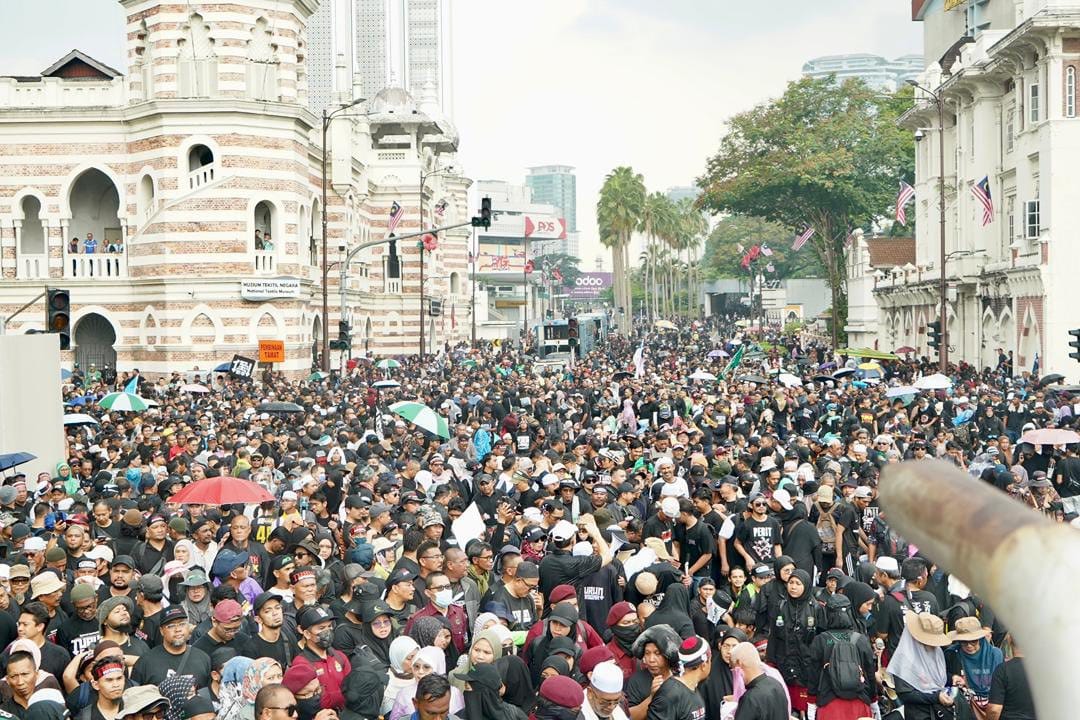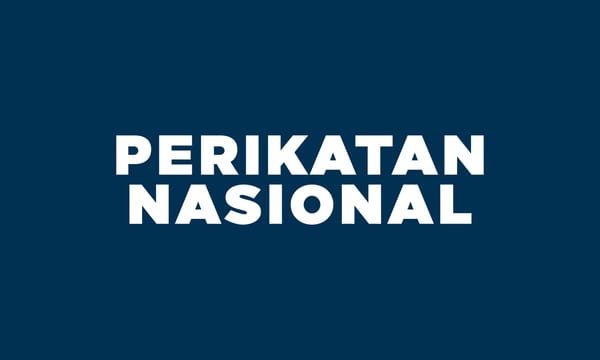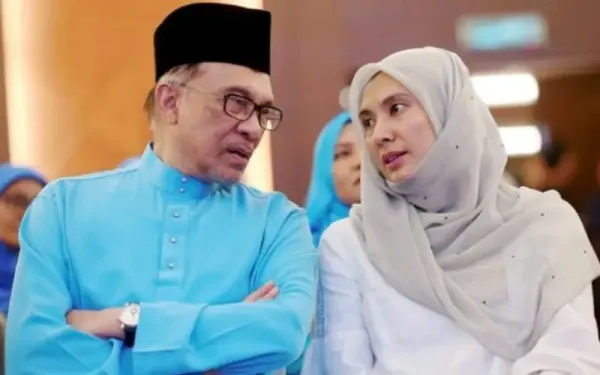#SokongAnwar vs #TurunAnwar: A Nation at a Crossroads, Not a Crisis

by Darma Maniam
In recent days, Malaysia's digital sphere has witnessed a hashtag battle that captures the growing tension in the country’s political and economic discourse: #SokongAnwar and #TurunAnwar. While one represents unwavering support for the current Prime Minister, the other signals frustration over unfulfilled expectations. These expressions are not just social media trends—they reflect the heartbeat of a maturing democracy that values participation, accountability, and open debate.
But as the country weighs these sentiments, the larger question emerges: Should we change Prime Ministers mid-term? And what are the real consequences of doing so?
Understanding the Frustration Behind #TurunAnwar
It is not surprising that segments of the rakyat are frustrated. The rising cost of living, delayed reforms, and political compromises have tested the patience of many who believed in the Reformasi movement. The disappointment is real, and it deserves to be heard—not silenced.
However, it’s also essential to recognise that long-standing systemic issues cannot be dismantled overnight, nor can a 25-year-old political dream be reduced to a one-year report card.
Why #SokongAnwar Deserves Consideration?
The hashtag #SokongAnwar isn't about blind loyalty—it is about giving leadership the space to govern, implement, and stabilise a nation that has experienced four different Prime Ministers in the past six years. Frequent leadership changes have created an unstable political climate, affecting investor confidence, policy continuity, and national morale.
Here’s why many Malaysians believe #SokongAnwar is the pragmatic path forward:
i. Stability is Essential for Reform
Anwar Ibrahim’s government has laid the foundational work for long-term reforms—on subsidy rationalisation, institutional transparency, and targeted aid. These policies require difficult trade-offs and time. Abrupt leadership change now may delay or derail these initiatives entirely.
ii. Restoring Investor Confidence
Under the current administration, Malaysia recorded RM384 billion in approved investments and 4.5% GDP growth. While these figures may not reflect immediate rakyat relief, they are vital signs that Malaysia is regaining regional economic credibility. A mid-term change could scare away further investment and disrupt recovery momentum.
iii. Rebuilding Institutional Trust
For the first time in decades, an administration led by someone once imprisoned for political dissent is in charge. Anwar’s leadership represents a break from the kleptocratic practices of the past. While far from perfect, his administration is under far greater public scrutiny and transparency expectations—a healthy step toward reforming our institutions.
iv. National Unity Government—A Delicate Balance
Anwar is not governing alone. He is heading a Unity Government, a fragile coalition with divergent political ideologies. Sudden changes at the top could collapse this delicate structure, triggering fresh instability and perhaps even another general election—something the rakyat is in no mood to endure.
Changing the PM Mid-Term: What’s at Stake?
While citizens have every right to hold their leaders accountable, it's important to evaluate the cost of a mid-term power shift:
i. Economic setbacks: Investors may see Malaysia as volatile and high-risk. - Policy reversals: Ongoing reform efforts—like targeted subsidies or anti-corruption legislation—could be scrapped by a new administration.
ii. Global perception: Malaysia risks being seen as politically unstable, undermining our regional influence and ability to secure trade and foreign partnerships. - Public fatigue: Constant political drama creates voter apathy, especially among the youth who feel betrayed by every change.
A Better Way Forward: Constructive Pressure
Criticism and support must coexist in a healthy democracy. Supporting Anwar does not mean staying silent. Instead of #TurunAnwar, many are calling for #TegurAnwar—a more constructive middle ground where the rakyat demands action, accountability, and results without demanding regime collapse.
Malaysia must move beyond cycles of political vengeance and learn the value of institutional patience paired with active civic pressure. Let Anwar govern—but let him feel the rakyat’s voice, loud and clear.
We’ve Changed Too Many PMs, It’s Time to Change the System
At this point in our history, Malaysia doesn’t just need a new Prime Minister—it needs a new way of doing politics. The rakyat is right to demand more, but we must also allow room for reform to mature.
Whether you stand by #SokongAnwar or sympathise with #TurunAnwar, one thing is clear: Malaysia deserves a better future—and it begins with steady leadership, honest engagement, and a rakyat that refuses to be silent, but also refuses to be reckless.
About the Columnist
Darma Maniam is a Malaysian political observer and community advocate who writes under the tagline “Citizen of Conscience | Suara Rakyat Yang Berfikir.” He brings a unique blend of analytical insight and grassroots understanding to his writing. His columns focus on governance, economic policy, and the voice of ordinary Malaysians, with the aim of sparking meaningful dialogue and shaping a more accountable, inclusive Malaysia.
Note(s) to readers:




